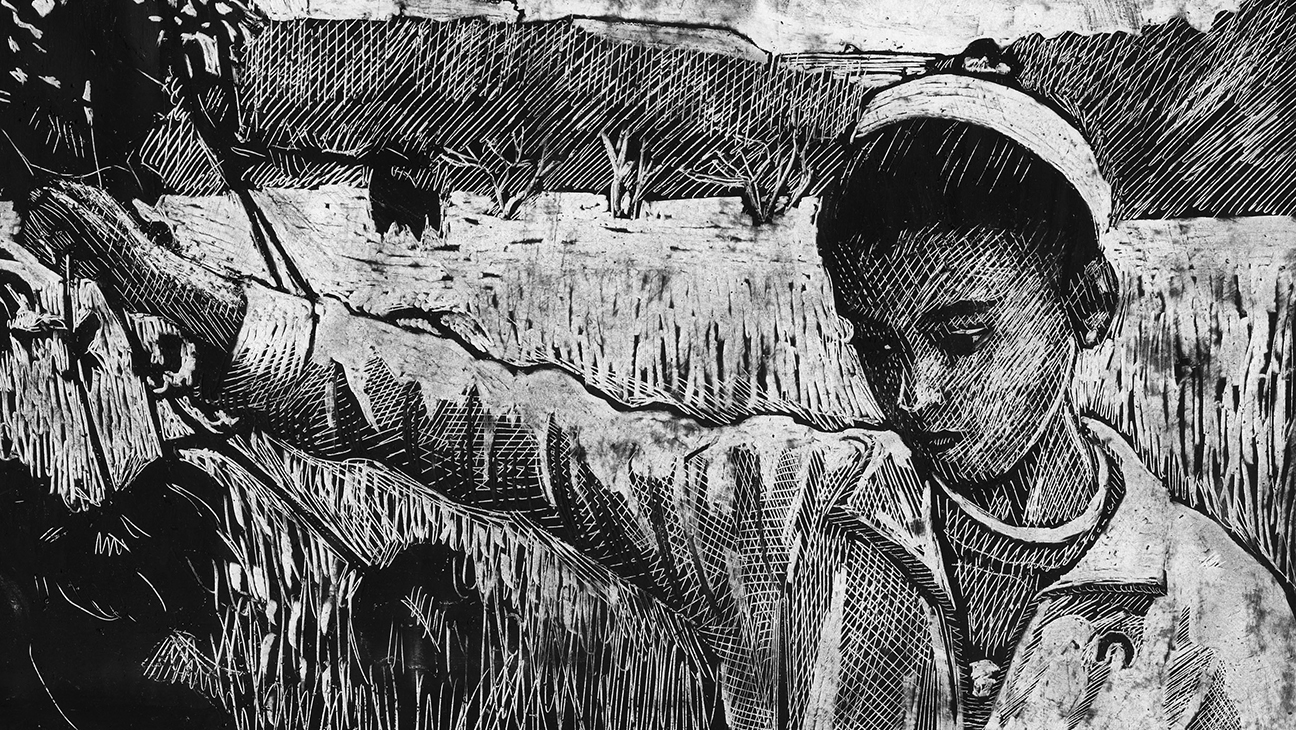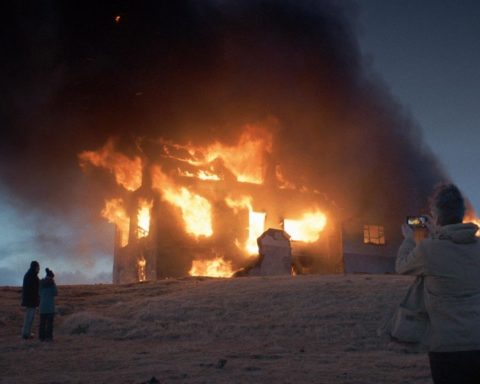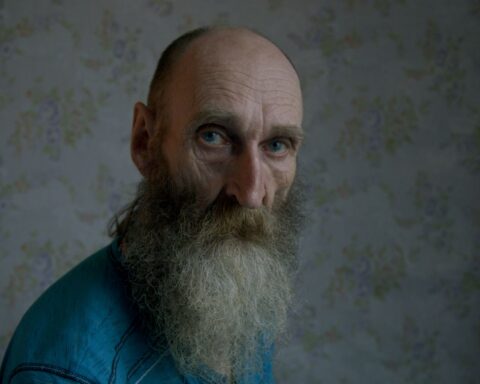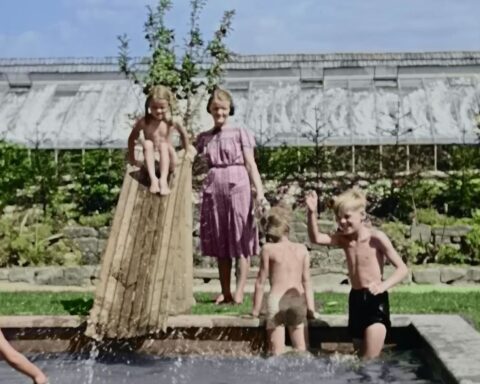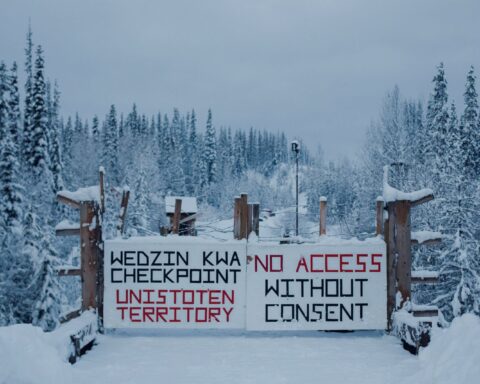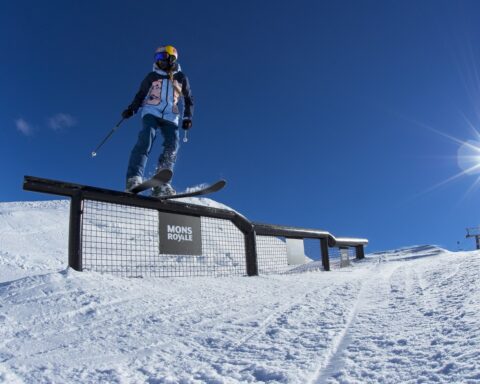Kathy Brew, an Emmy Award winning video maker, visual artist, writer, curator and educator, has been the guest curator for MoMA’s annual Doc Fortnight for the last three years. Among many other influential posts, she’s previously served as co-director of the Museum of Natural History’s Margaret Mead Film and Video Festival and as Curatorial Consultant, for “Reel New York,” a series for independent filmmakers broadcast on PBS station WNET. She has also been a juror and panelist for the New York State Council on the Arts and the Rockefeller Media Arts Fellowships. Additionally, she teaches at New York’s School of Visual Arts and The New School University. In 2018 Brew was awarded a Fulbright Scholar grant and spent 4 months in South America, mainly in Peru.
POV: Christina Clarke
KB: Kathy Brew
POV: This festival has been around for almost 20 years, yet it’s a non-fiction outlier. It’s committed to the vanguard. It’s not a film market. It’s not trying to be something for everybody, yet it’s a very public festival.
KB: It has a real aesthetic overview that’s maybe different from the big festivals. There are no awards. There are no prizes. There’s no red carpet. When people first heard I was doing this, they’d ask, ‘Does it mean it’s just art films?’ Because it’s MoMA. No. They’re artful films. I think it’s a different context. People are very happy to show here. It’s not the same kind of energy with the [festival] headquarters and everyone networks and hangs out. But the screenings are of quality and the audiences are of quality. They’re engaged and interested in the ideas and the styles.
POV: When looking for potential content for Doc Fortnight, what were some of the recurrent subject themes and styles you observed this past year?
KB: What am I seeing in the zeitgeist? You troll the planet for a range of issues, topics, styles, genres, diversity of filmmakers from established to emerging. And because of digital technology and the web you can troll in a very different way now than you could years ago. I went to some festivals this year, too. I went to Doclisboa (in Lisbon) and IDFA in Amsterdam. Global warming. Climate change is certainly a big issue with the environment. Social justice issues around the globe. Refugee displacement issues. But also creative ways of addressing some of these things. There’s one film (screened during the festival) from Thailand (Nakorn-Sawan by Puangsoi Aksornsawang) that’s about impermanence and death. It has both a documentary aspect of the filmmaker’s story of her mother’s death and then a fictionalized version of that. It’s a hybrid piece. I think there is a lot more focus and attention on archives these days. Films about films.
POV: So how to do you decide what to include?
KB: It’s an honour and a privilege for me to have this as a platform to channel such interesting work. Because I have worked in both the arts and media and I’m a maker, I think I have a different filter than a typical programmer. I’ve always been a hybrid. Now it’s OK. [I’m used to hearing:]
’Kathy you’re an everythingist.’ If you don’t know something, you know who to ask.
My predecessor had a committee, but I don’t and I’m happy not to. I do solicit input from people in the field and recommendations. And because this is the 18th year, people know it happens and we get unsolicited inquiries from both filmmakers and distributors. With Water Makes Us Wet (An Eco-Sexual Adventure), a really dear friend who’s an artist who lives in LA told me about it. Because that is not one I would have found on documentary film festival websites.
A lot of docs are social issue and we need to know the stories, but they can come off as depressing and downers and what do we do? And so what I love about Water Makes Us Wet is that it’s got a lot of the climate and environmental issues in it, but in this playful, performative way. But you get a lot of the details and it makes you think. And think maybe more proactively about how you can in your own small way start to make some changes. Chicken and Egg, which is a funder of documentaries for women’s work has a tag line: “Story Leads to Action.” Artists are getting more activist-oriented with some of their work.
(Stephano Savona’s) Samouni Road, (also screened). I saw that in Lisbon. It’s a really interesting film about a story in Gaza that is told with verité, animation and simulated drone footage. Artists are working in creative ways.
POV: You do seem to have found a weird intersection where unusual ideas and media strategies meet and yet, where a very satisfying story is still conveyed. These works are experimental but actually do what non- fiction does best: allowing the viewer to identify with characters, to feel empathy.
KB: It’s the next best thing to being there.
Those interested in Kathy Brew’s work should view Mixed Messages. [1990] Her 20-minute video collage is having a bit of a digital platform renaissance right now. It’s about gender stereotyping in popular culture, an especially prescient topic, and can be viewed at Kanopy.com.




